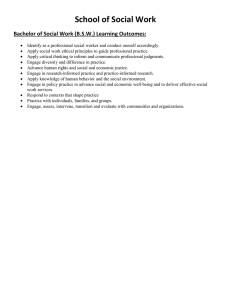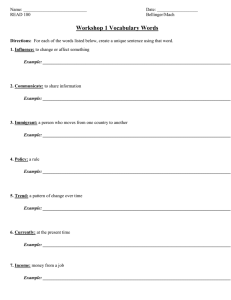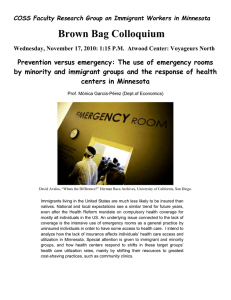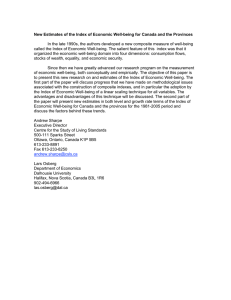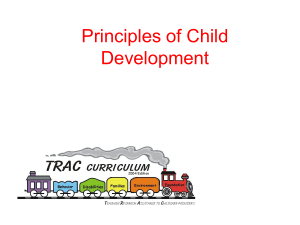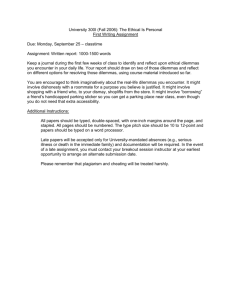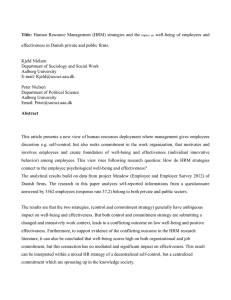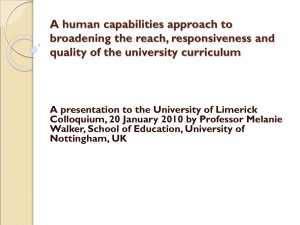Language policy dilemmas and children`s well
advertisement
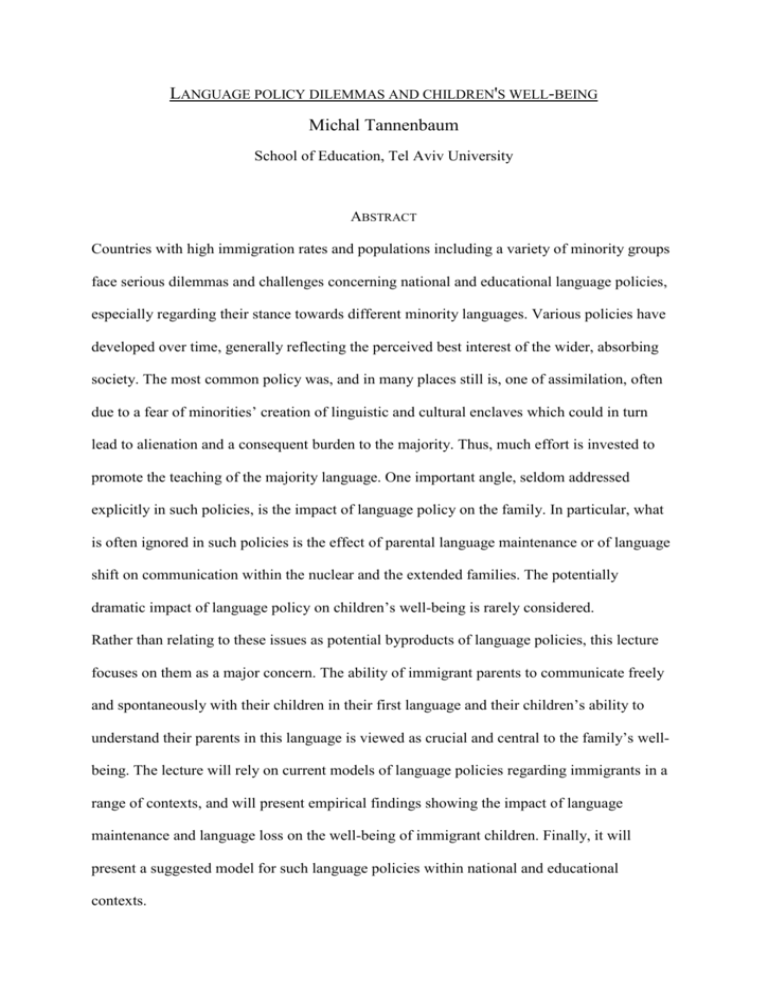
LANGUAGE POLICY DILEMMAS AND CHILDREN'S WELL-BEING Michal Tannenbaum School of Education, Tel Aviv University ABSTRACT Countries with high immigration rates and populations including a variety of minority groups face serious dilemmas and challenges concerning national and educational language policies, especially regarding their stance towards different minority languages. Various policies have developed over time, generally reflecting the perceived best interest of the wider, absorbing society. The most common policy was, and in many places still is, one of assimilation, often due to a fear of minorities’ creation of linguistic and cultural enclaves which could in turn lead to alienation and a consequent burden to the majority. Thus, much effort is invested to promote the teaching of the majority language. One important angle, seldom addressed explicitly in such policies, is the impact of language policy on the family. In particular, what is often ignored in such policies is the effect of parental language maintenance or of language shift on communication within the nuclear and the extended families. The potentially dramatic impact of language policy on children’s well-being is rarely considered. Rather than relating to these issues as potential byproducts of language policies, this lecture focuses on them as a major concern. The ability of immigrant parents to communicate freely and spontaneously with their children in their first language and their children’s ability to understand their parents in this language is viewed as crucial and central to the family’s wellbeing. The lecture will rely on current models of language policies regarding immigrants in a range of contexts, and will present empirical findings showing the impact of language maintenance and language loss on the well-being of immigrant children. Finally, it will present a suggested model for such language policies within national and educational contexts.


